Three Pioneers Go ‘Inside the Psychologist’s Studio’
At the 2014 APS Annual Convention in San Francisco, three of the world’s most celebrated psychological scientists sat down for interviews about their education, their accomplishments, and their legacies.
It was all part of the “Inside the Psychologist’s Studio” video series, modeled after the popular Inside the Actor’s Studio television program.
Past APS Board Member Claude Steele talked about his years of research on stereotype threat — the theory he developed to describe situations in which a person fears their own potential to confirm a negative stereotype about their own social group — and its application to minority students’ academic performance.
In an interview with APS President Elizabeth Phelps, Steele also reminisced about his research on addictive behaviors and the effects of self-affirmation
APS Board Member Annette Karmiloff-Smith talked about her early career studying under and collaborating with Jean Piaget, a pioneer in the field of developmental psychology.
In a talk with APS Fellow BJ Casey, Karmiloff-Smith said Piaget remains one of the biggest influences on her work in studying developmental disorders.
APS William James Fellow Paul Ekman talked extensively with APS Past President Robert Levenson about his pioneering research on the universality of facial expressions.
He also talked about the consulting work he conducted for Lie to Me, the scripted TV show based on his own work. He said he became disillusioned with the show in its second season, when it started to focus less on the science and more on the lead character played by Tim Roth.
“I still regret it happened,” he said of the program, which was cancelled after a few seasons. “It brought more attention than I could deal with. It was not a happy episode in my life.”
Videos of all three interviews will appear soon on the APS website.

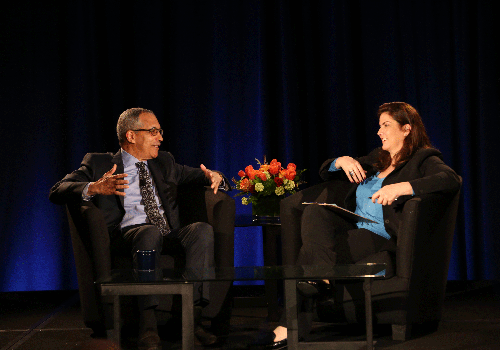
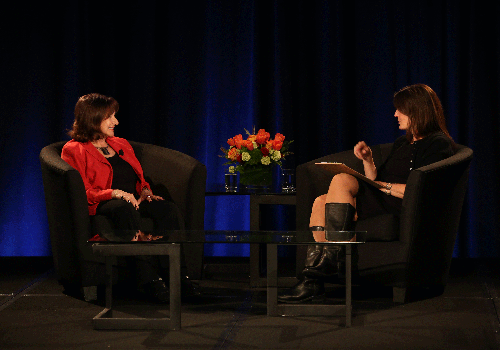
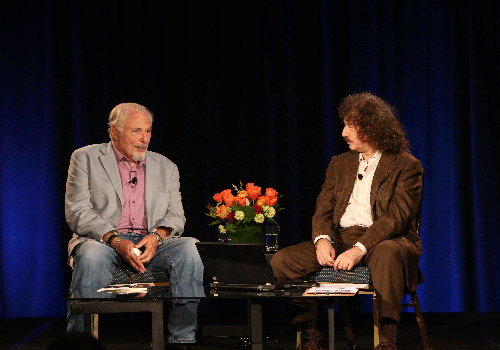

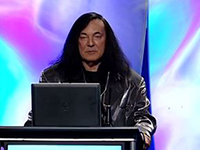
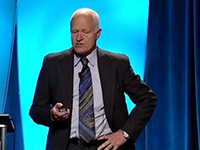

APS regularly opens certain online articles for discussion on our website. Effective February 2021, you must be a logged-in APS member to post comments. By posting a comment, you agree to our Community Guidelines and the display of your profile information, including your name and affiliation. Any opinions, findings, conclusions, or recommendations present in article comments are those of the writers and do not necessarily reflect the views of APS or the article’s author. For more information, please see our Community Guidelines.
Please login with your APS account to comment.